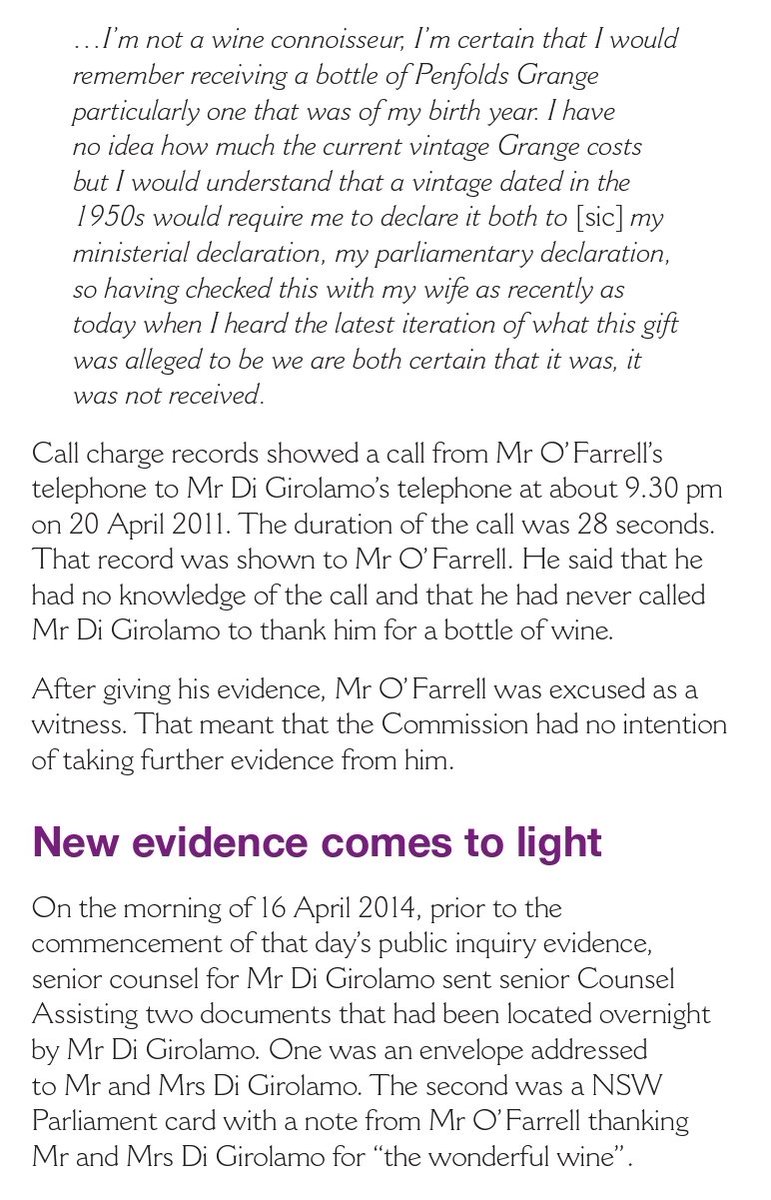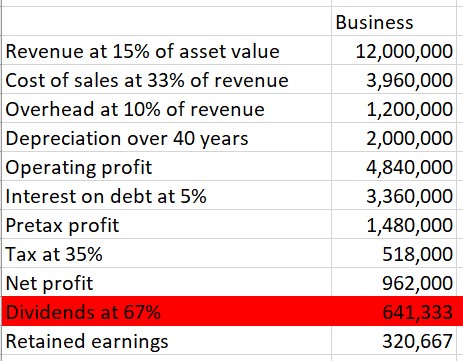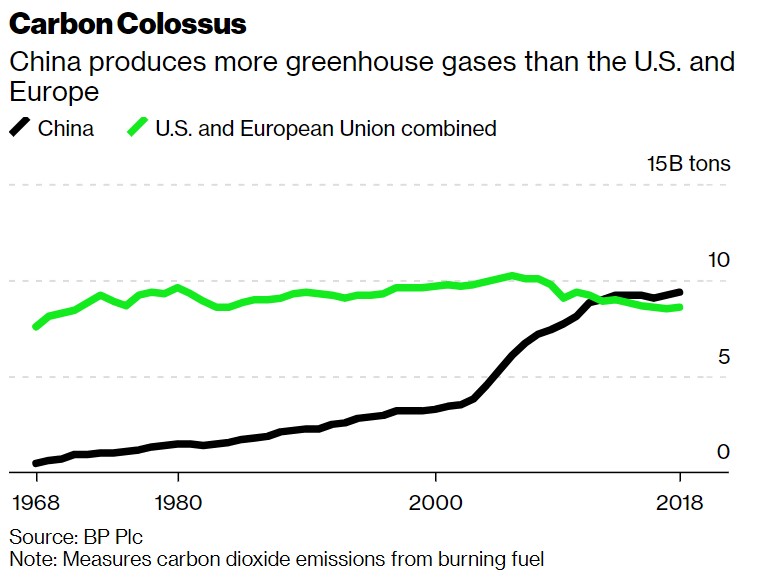
He resigned over misleading an anti-corruption inquiry about accepting a secret $3,000 gift from the CEO of Eddie Obeid's water company, but sure let's call it "a bottle of wine"
https://twitter.com/ByClare/status/1315534136132558853
It's worth reading O'Farrell's *extremely emphatic* denial about this event just three years earlier when you think about what "misleading the inquiry" means in that sentence. Apparently his memory was just a bit patchy. 

Apparently Barry O'Farrell is a wonderful gossip and great fun with reporters and so the general consensus is the whole thing was a harmless muddle.
On the other hand, it's a good idea for journalists to just state the facts, even when they don't look great for people they like.
On the other hand, it's a good idea for journalists to just state the facts, even when they don't look great for people they like.
I'm not making any comment on Gladys here. To be honest I haven't followed the twists and turns of that case closely enough to have a strong view. But the case for O'Farrell resigning was open-and-shut.
• • •
Missing some Tweet in this thread? You can try to
force a refresh





